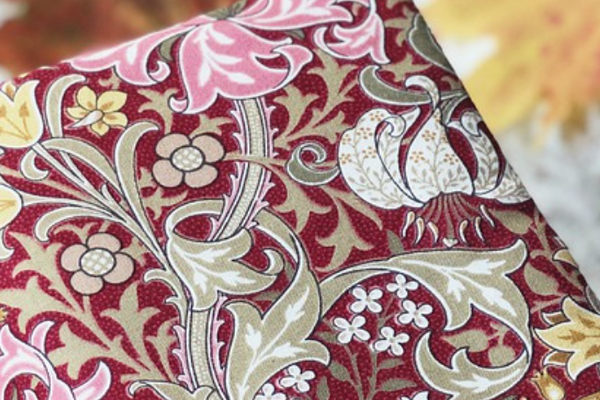12 May - whose story?
It’s my birthday today but simply another day of lockdown. Lockdown with a bitter north wind. A few days ago I had made a neat pile of books from my bookshelves that felt like they needed rereading in this strange time of not seeing anyone. The first one I picked up was ‘And their children after them’ by Dale Maharidge and Michael Williamson. This is a book written 50 years after ‘Let us now praise famous men’ by James Agee and Walker Evans, a 1936 study of three sharecropping families in Alabama during the Depression. The 1986 work searched for any remaining members of the families and their descendants. James Agee’s book was a masterpiece of poetry and sensibility and Evan’s photographs have the stark beauty of many of the Depression photographs commissioned by the US government. A snapshot of a few weeks in a terrible period in southern American history where people, kept illiterate by an inadequate school system and child labour, did not believe they could escape their gruelling life. But reading the follow-up, where many of the children whose photographs were in the original book, could look back at the inhuman lives they had led, working from dawn till dusk from 8 years of age doing the backbreaking, painful job of picking cotton, I realised how deeply uncomfortable I was with the beautiful portrayal of this life which had very little beauty in it. The striking-looking blonde child of 8 would probably look middle-aged in another 10 years. These were people being treated as animals, some of whom finally learned to read and understand that they deserved more.
But on another level, it was also about who should tell the story of these people’s lives. Can anyone stand in the shoes of someone else? How much did Agee understand these families and how much were they hiding from him? Is there a way to describe the hunger and dirt he found without it tarnishing the people? Some of the descendants were angry that rich northerners were displaying their poverty to the world while others felt it had added to their lives, as well as possibly helping to end the system they were caught in.
And thinking of who can tell another’s story, I went back to the bookshelf and pulled out Vladimir Nabokov’s ‘The Real Life of Sebastian Knight’, a book as different from ‘Let us now praise famous men’ as possible – from wealthy pre-revolutionary Russians to dirt poor southern American sharecroppers. But the subject is the same – about where the true story lies and about families, loyalty and relationships. And maybe trying to understand ourselves or anyone else is all that we can do. Just trying. In ‘The real life of Sebastian Knight’ a younger brother is looking for the story of his deceased older brother which remains a mystery. He thought he had just made it to his brother’s deathbed and listened to his final breathing and then found it was the wrong person. But did it matter? For me, one of the most moving paragraphs Nabokov wrote was in his memoir ‘Speak, Memory’ about his guilt that his brother came to visit him in Paris in 1940 after being away, and was told by the porter that Nabokov had managed to get his family visas for America and had just left. Guilt that his brother had to hear from the porter. They never met again as his brother was denounced in Berlin for criticising Hitler and died in a concentration camp in 1945.
Ruth Bridgens.















